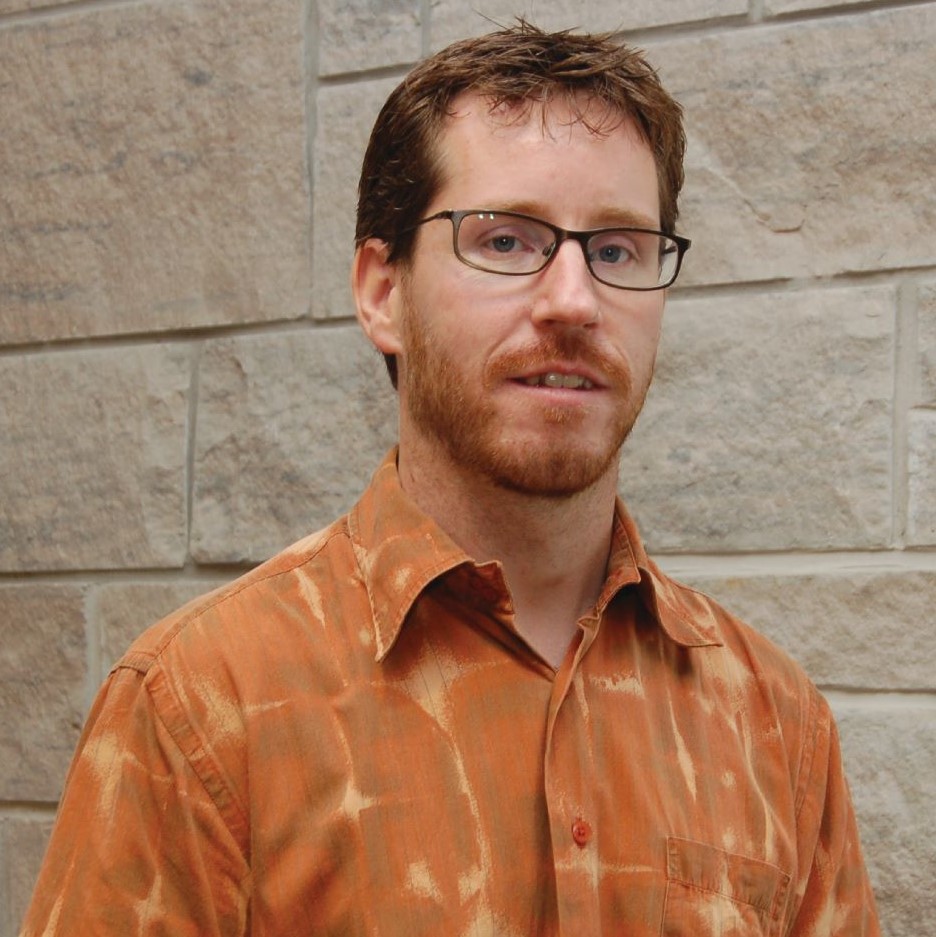Researchers from the University of Ottawa’s Telfer School of Management used advanced analytics to develop a novel optimization model. Their model can help health organizations better coordinate services offered to elderly patients whose health needs can be met through community care.
Capacity challenges faced by health organizations in Canada
By 2009, over 50,000 patients faced prolonged hospital stays due to delays in arranging the appropriate post-discharge care. These delays accounted for 16% of total patient days in all Ontario hospitals. This number dropped to 14% in 2013, but has stubbornly refused to go lower since then. Post-discharge care delays increase occupancy rates of ward beds, cause emergency room overcrowding, and affect surgery scheduling.
These delays can also compromise the quality and delivery of care for elderly patients who have been discharged from acute treatment and should be transferred to more appropriate community care, such as the patient’s home, an independent living arrangement, or a long-term care facility. As a result, these patients often stay in a hospital bed much longer than needed.
“In Canada, the challenge of managing services for this group of patients has become perhaps the most significant impediment to running acute care efficiently,” explains Jonathan Patrick, Full Professor at the Telfer School.
However, developing a capacity plan that takes into account the integrated nature of community care services is not as easy as we tend to think. Any increase in capacity in one service may lead to unanticipated changes in demand in another. In a scenario where it is critical to address capacity shortage as an integrated system rather than a single service, how can health organizations better coordinate care for elderly patients?
A new tool for health organizations
Professor Patrick and his Telfer School-led team of researchers, Hadi Mohammadi Bidhandi, Pedram Noghani, and Peyman Varshoei used the power of analytics to address this major concern in health organizations. The team developed a novel optimization model that not only predicts how waiting times are likely to grow or decrease across community care services but also determines an optimized capacity plan that will help organizations meet their performance targets. The researchers shared the results of their study in “Capacity planning for a network of community health services,” an article recently published in the European Journal of Operational Research.
“Our model recognizes the integrated nature of community care services and thus optimally allocates capacity across the entire network to better ensure access to the right care at the right time,” explains Professor Patrick.
The researchers tested their new model using three years worth of data from Champlain LHIN and validated the results through a simulation of community care services:
“The results of the simulation offer a very realistic setting and eventually contribute to the manager’s willingness to adopt the new configuration,” explains co-author Varshoei, a PhD student at the Telfer School.
Impact: supporting health organizations to improve patient care
The researchers understand that it may not be easy to implement such a novel model, as it requires dramatic changes in how health organizations manage and plan for their capacity. Nevertheless, Professor Patrick stresses that the model provides significant advantages:

“If we could innovate and create from scratch a system that appropriately builds capacity in line with the actual flow of patients through the network of care, it is clear from our work that bigger investment in community care services could possibly result in managing acute care demand with less hospital beds than currently exists. This would benefit both patients and health organizations by providing better care at lower cost,” explains Professor Patrick.
About the Telfer School of Management's Innovative Thinking
Innovative Thinking is a new platform created to share the latest in knowledge development at Telfer School of Management with the community, academics, and potential research collaborators. Be inspired by a selection of innovative research ideas, from articles published by our faculty in top-management journals to award-winning research projects. Telfer School’s Innovative Thinking shows our commitment towards research excellence without losing sight of our impactful role in the community.










